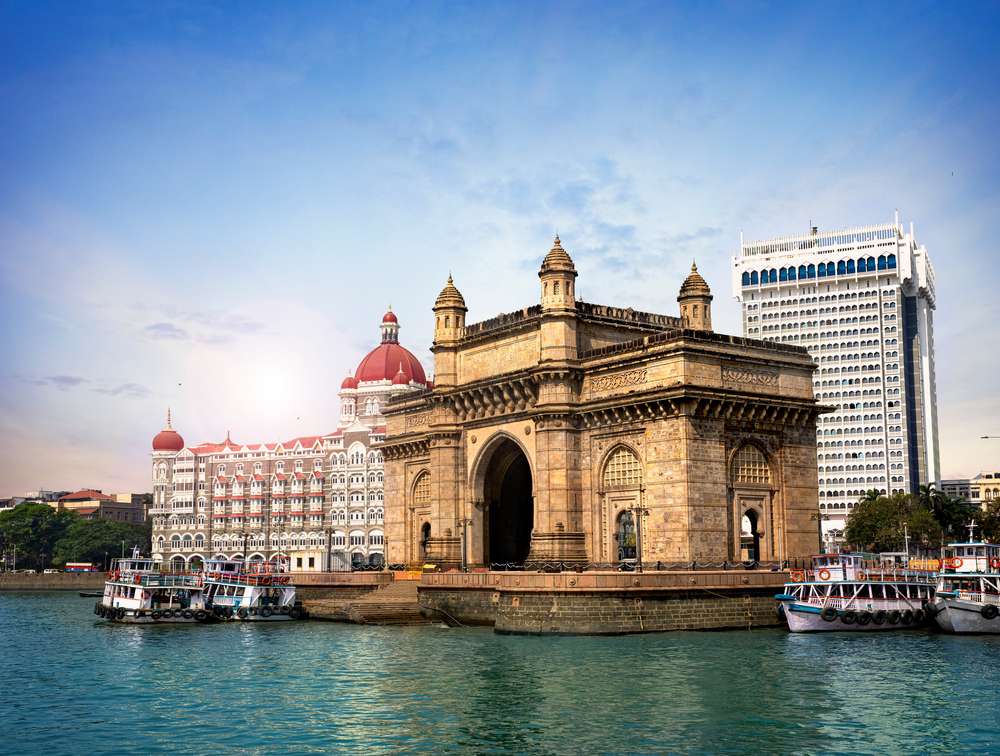A Journey through India’s Storied and Magnificent Treasures
India, a land of diverse cultures, breathtaking landscapes, and historical marvels, has been a magnet for travelers around the world for centuries. From the iconic Taj Mahal to the serene backwaters of Kerala, the country offers a plethora of treasures waiting to be explored. However, as the world becomes more conscious of its environmental impact, responsible tourism has emerged as a crucial concept. It’s possible to indulge in India’s wonders while minimizing your footprint – let’s delve into the realm of responsible tourism in this captivating subcontinent.
Understanding Responsible Tourism
Responsible tourism is a mindset that seeks to uphold the principles of sustainability, cultural sensitivity, and environmental consciousness while traveling. It’s about leaving a positive impact on the places we visit, respecting local cultures, and preserving the environment for future generations. In the context of India, this approach takes on even more significance due to the country’s rich history and diverse ecosystems.
Choosing Eco-Friendly Accommodations
One of the cornerstones of responsible tourism is selecting accommodations that prioritize sustainability. Thankfully, India offers a growing number of eco-friendly options. From luxurious eco-resorts to cozy homestays, there’s something for every traveler looking to minimize their footprint. These accommodations often employ practices such as waste reduction, water conservation, and reliance on renewable energy sources.
Exploring Cultural Heritage Respectfully
India’s cultural heritage is as vast as it is ancient, and responsible tourism means experiencing it with respect and understanding. When visiting temples, mosques, or historical sites, it’s essential to adhere to dress codes and etiquette. This not only shows reverence for the place but also ensures that these sites remain open to visitors for years to come. One of India’s most remarkable facets is its cultural diversity. Each region showcases distinct traditions, languages, and cuisines. Responsible travelers show cultural sensitivity by respecting local customs and traditions. Taking the time to learn a few phrases in the local language, dressing modestly when visiting religious sites, and seeking permission before photographing people are small yet significant gestures that foster mutual understanding and respect.
Supporting Local Communities
Engaging with local communities is a fundamental aspect of responsible tourism. This involves patronizing local markets, eateries, and artisan shops. By doing so, you contribute directly to the local economy and support livelihoods. It’s also a fantastic way to immerse yourself in the authentic flavors and crafts of the region. India boasts a diverse range of wildlife, from Bengal tigers to majestic elephants. Responsible tourism in wildlife areas involves following ethical practices when interacting with animals. Choose wildlife experiences that prioritize the well-being of animals in their natural habitats and avoid activities that exploit or harm them.
Reducing Your Carbon Footprint
Traveling to India might require a long-haul flight, which contributes to your carbon footprint. To mitigate this impact, consider purchasing carbon offsets. These are investments in environmental projects that help counteract the emissions generated by your travel. Additionally, opt for public transportation or shared rides when exploring cities to minimize pollution and congestion. Plastic pollution is a global crisis, and responsible tourists play a crucial role in minimizing its impact. Carry a reusable water bottle and a cloth bag to avoid single-use plastics. Many hotels and restaurants in India are making efforts to reduce plastic usage, but being proactive can significantly contribute to a cleaner environment.
Participating in Community Initiatives
Several community-based initiatives in India focus on conservation, education, and empowerment. Volunteering your time or contributing to these initiatives can make a positive difference in the places you visit. Whether it’s planting trees, teaching local children, or participating in beach cleanups, these activities enrich your travel experience while leaving a lasting impact.
RECOMMENDED VACCINES FOR INDIA TRAVEL FOR TOURISTS
Respecting Local Wildlife
India’s natural beauty is a sight to behold, but it’s essential to enjoy it responsibly. When trekking or hiking, stick to designated paths to avoid disturbing fragile ecosystems. Refrain from feeding wildlife, as it can disrupt their natural behaviors and lead to dependency on human interaction. Responsible tourism in India, or anywhere else for that matter, boils down to the principle of “leave no trace.” Whether you’re hiking in the Himalayas or lounging on a Goan beach, make sure to clean up after yourself. This simple act goes a long way in preserving the pristine beauty of India’s landscapes.
In Conclusion
India’s treasures are boundless, and by embracing responsible tourism, you can enjoy them while leaving a positive impact. From selecting eco-friendly accommodations to respecting local cultures and minimizing plastic usage, every action you take contributes to a more sustainable travel experience. Let your journey through India’s wonders be a testament to your commitment to preserving the planet and its cultural heritage for generations to come.
Read more: Adventure Awaits: Trekking and Outdoor Activities in Vietnam
